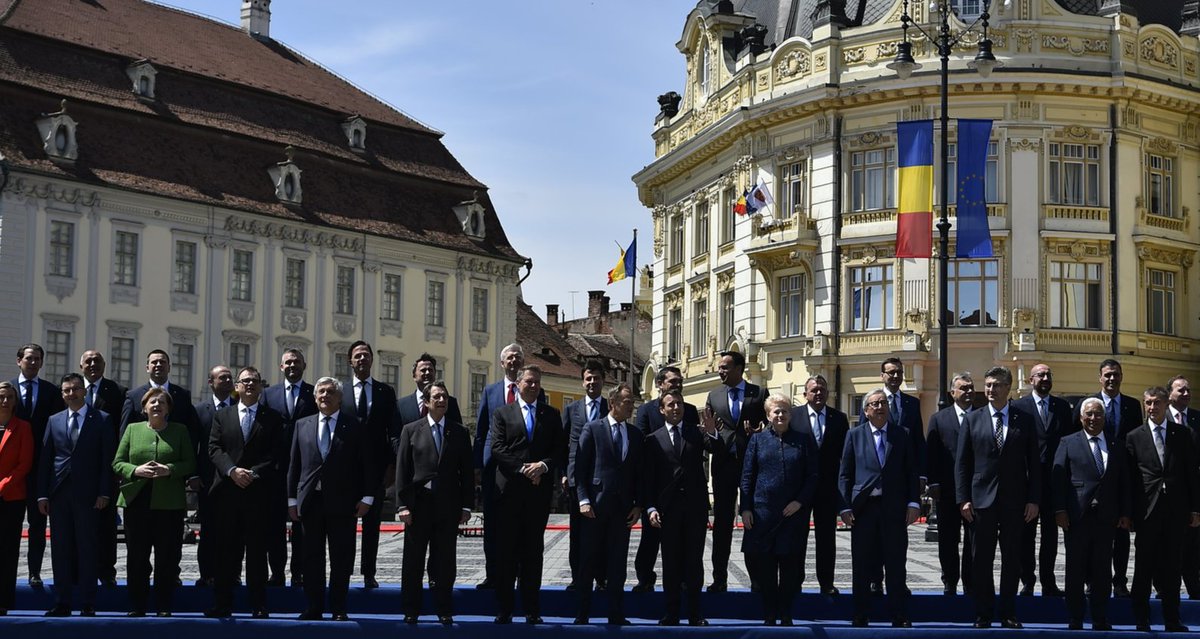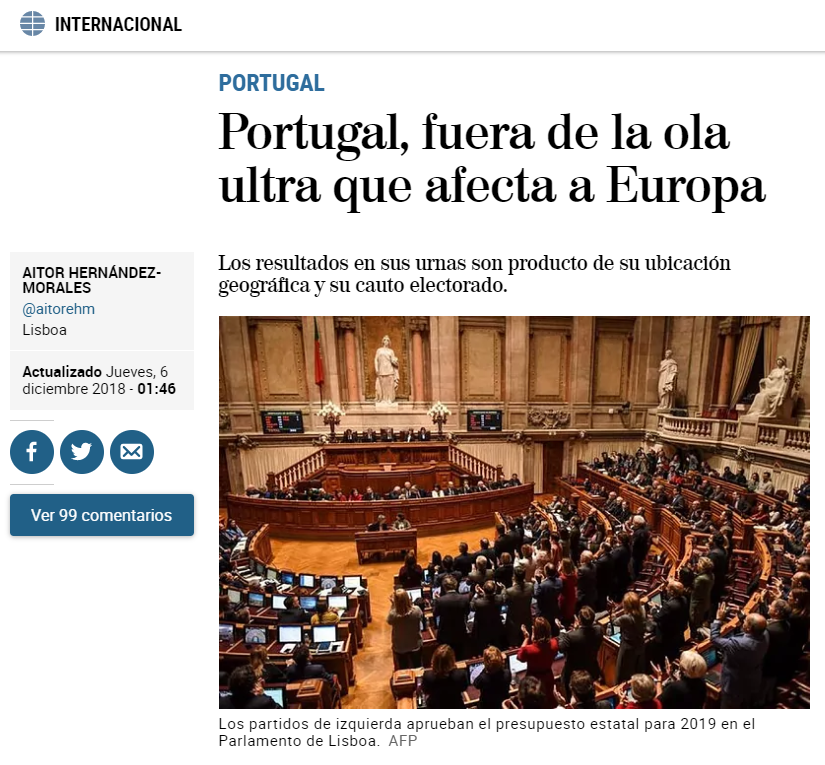
COVID means Portugal will have a hard time hosting in-person events during its turn in the rotating presidency of the Council. Why is Lisbon still spending hundreds of thousands of euros on event spaces, wine and clothing? @liliebayer & I looked into it.
politico.eu/article/portug…
politico.eu/article/portug…
Rotating Council presidencies give the EU's less prominent member countries a chance to shine and many have used their six months in the spotlight to play to home audiences and hype their own importance by hosting events that lure international leaders to their countries. 







But the COVID-19 pandemic changed everything, and last year Croatia and Germany — the two countries that held the rotating presidency during 2020 — were quick to revamp their events schedule and make nearly everything virtual. 



With plenty of time to prepare, Portugal was expected to plan its program in the same manner. Indeed, a dramatic uptick in new coronavirus cases in the country made the need to keep things safely online something of a priority matter. 

But documents seen by POLITICO Europe show that Portugal has spent large amounts of cash for goods and services that only make sense in the context of pre-pandemic presidencies. In February the presidency signed a contract worth €260,591 to equip its press center in Lisbon. 

The public project was entrusted to a company that hasn’t obtained a public contract since 2011, and whose previous experience in public sector contracts involved organizing entertainment for village festivals. 



Journalists in Lisbon told us that the press center, which is located inside the Centro Cultural de Belém — a massive cultural center which was itself built to host Portugal's 1992 Council presidency — was rarely used because press conferences were being held online. 

Portugal also agreed to pay a wine company €35,785 for regular, port and sparkling wines for the duration of the presidency. That would actually be a pretty good deal... were it not for the fact that in-person events aren't being held. 





The most bewildering presidency expense appears to be the €39,780 contract to purchase 360 shirts and 180 suits. A presidency spokesperson told us that the clothing was for the chauffeurs that have been tapped to drive any official delegations that may visit Portugal... 



... But that explanation seemed odd given that the chauffeurs are state employees who would presumably already own suits and who, in any case, might be hard-pressed to be driving delegations around given that the overwhelming majority of the events are being held virtually. 

While previous presidencies have spent money on swag — ranging from standard ties and umbrellas, to snowballs (Finland) and facemasks (Germany) — no Brussels Bubble veterans we spoke to could recall countries investing in full suits during their stints heading the Council. 







In addition to the expenditures, watchdog groups have expressed unease with the corporate sponsorships the Portuguese presidency has signed with coffee producer Delta, soft-drink group Sumol + Compal and pulp and paper giant The Navigator Company. 

European consumer organization @foodwatch_eu argues that deals with soft-drink companies whose products have a “direct effects on health and the environment” were a bad look as the EU rolls out programs like the EU Green Deal, Farm to Fork strategy and the EU Cancer Plan. 

Meanwhile, Portuguese NGOs like @ClimaximoPT say that the presidency should avoid links with paper giant Navigator, a company they accuse of making land-grabs in Mozambique and owning eucalyptus plantations linked to devastating forest fires in Portugal. 







In e-mailed statements to POLITICO Europe, the Portuguese presidency said that there was "no European legal framework preventing Presidencies from using such contracts and all those signed by the Portuguese Presidency are compliant with European and national law." 

Susana Coroado, president of @transparenciapt, the Portuguese wing of Transparency International, pointed out that the very nature of the country's public contract system made it easy to make technically legal, but very odd, deals. 

Last September the Commission seized on that issue in its 2020 Rule of Law report, in which it chastised Portugal for not doing enough to fight corruption. Commissioner Didier Reynders pointed out that while a legal framework existed, resources weren't properly allocated. 







Last year Dutch Finance Minister Wopke Hoekstra infuriated the Portuguese when he expressed his reluctance to back the so-called corona bonds scheme by suggesting that southern countries spent their cash irresponsibly. 

Transparência e Integridade's Coroado lamented that as long as questionable public spending habits continued, foreigners would continue to use them as examples to bolster unfair stereotypes about the south.
En fin...
Good afternoon.
En fin...
Good afternoon.

• • •
Missing some Tweet in this thread? You can try to
force a refresh



















